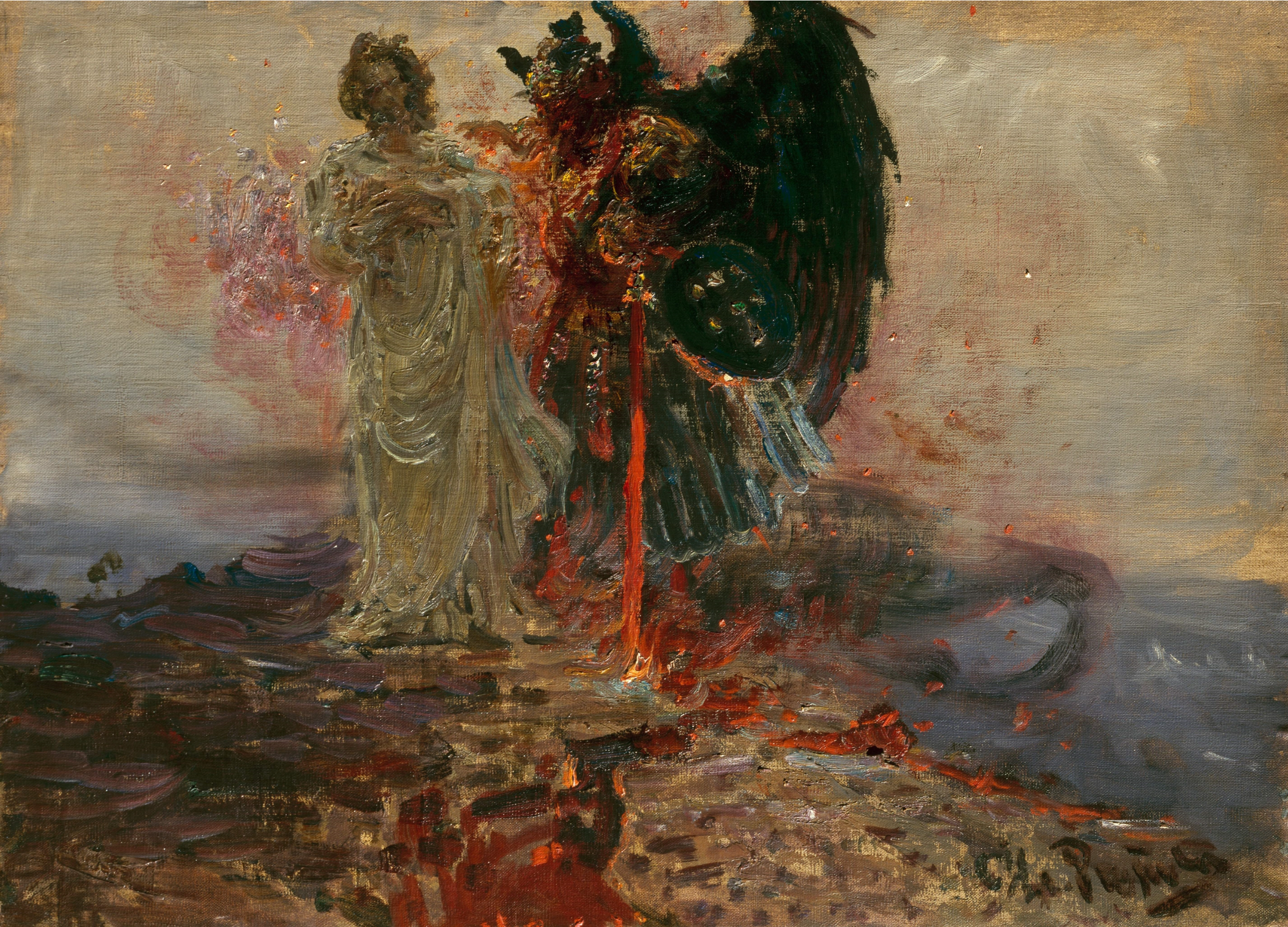The Other Way: Are We Being Guided Still?
Listen to the audio of this message by clicking the orange play button below.
I’m not sure if it is normal practice, but my therapist texts me with pieces she has read in the Atlantic, or Washington Post, or the New York Times. I’m beginning to think I’m her only Christian client, because all of these articles have to do with the decline of the American Church, or the shocking number of pastors who are leaving their positions.
I suppose she is trying to help me see that the struggles I talk with her about my job, and pastoring this community, are not because I am a uniquely flawed pastor, but that I am simply a pastor in a unbelievably challenging time for the Church.
The most recent article that has made the rounds, and one my therapist promptly sent to me has this title, “The Misunderstood Reason Millions of Americans Stopped Going to Church,” written by Jake Meador. Jake’s point is summed up in these two paragraphs:
“The problem in front of us is not that we have a healthy, sustainable society that doesn’t have room for church. The problem is that many Americans have adopted a way of life that has left us lonely, anxious, and uncertain of how to live in community with other people.
The tragedy of American churches is that they have been so caught up in this same world that we now find they have nothing to offer these suffering people that can’t be more easily found somewhere else. American churches have too often been content to function as a kind of vaguely spiritual NGO, an organization of detached individuals who meet together for religious services that inspire them, provide practical life advice, or offer positive emotional experiences. Too often it has not been a community that through its preaching and living bears witness to another way to live.
While the ongoing reminders about the desperate state of the American Church help me not feel personally responsible for the current struggle, I will admit it has caused me to wonder if I’m sort of a coal miner…a person who works in an industry that is being slowly phased out.
As we move away from burning coal for energy, we do so acknowledging that burning coal is no longer a healthy or sustainable way of producing energy. This move makes sense, even though I am sure there are many individuals and families who feel they are being left behind, in need of finding new work and a new way of life.
And, I’m sure there are lots of people who read of the decline of the Church, and see its demise as equally good news for the sustainability of humanity…the violence, hatred, and evil perpetuated by Christians have done more than enough damage, and for them, the sooner it is over, the better.
Oddly, I think I’d agree with those people more than I disagree, but only because I too think that the Christianity that has been wed with American Nationalism is not Christianity at all, but simply a tool in the hands of powerful people, giving some semblance of morality to politics that are purposefully coercive and oppressive.
As Nadia Bolz-Weber says,
“people don’t seem to leave the church because they no longer believe in the beauty of Jesus and his teachings. People leave the church because they believe in the beauty of Jesus and his teaching so much that they can no longer stomach being part of an institution that says it’s about that and so clearly is not. -Nadia Bolz-Weber
The hard thing about seeing the decline of the Church is that, unlike the coal industry, I still see the need for communities like ours. The challenge, I think, is that progressive Christian communities like ours have struggled to know how to speak with integrity, and the benefits available to people to be a part of a thing like this. The luxury of Evangelical Christians is that their goal is simple and easily communicated: they want to convert people to Christianity and make people who are already Christian more faithful and more dedicated.
What we offer is hard to describe in just two sentences, mostly because we are creating space for the wild and unrestrained expression of spirituality that resides in each individual’s experience. How could we even begin to cage that up?
And yet, I think the offering of communities like ours aligns with spiritual traditions that have existed for centuries, which is, that there is another way of being, of listening, of speaking, of responding, and acting that exists outside of ourselves, outside of the cultural context in which we find ourselves.
Throughout his life, Jesus spoke of this “other way” by referencing the Kingdom of God, which operates outside, and oftentimes against, the norms of the world. Jesus’ own life and ministry depended on his accessing this other wisdom, this other vision, and we read in the accounts of his life, the way in which this got him into trouble with authorities who depended on the populous to be good and loyal citizens to the Roman Empire, and its goals and culture. There is a purposefully contradictory tone to most of what Jesus says and does, and the following he created became so in tune with this other way that for a long time, they were simply known as “followers of the way.”
In order to access this contradictory way, one must be in tune with another Spirit, which directly confronts the false spirits that tend to steer us away from justice, mercy, love, and compassion. Let’s not stumble over the word spirits here, because I think we can easily see the workings of so-called “spirits” in our world. For many, the spirit of white supremacy and colonialism is just now being found in the roots of their relationships and communities. Just now are we able to see the way in which these “spirits” shape our decision-making, the way we react when things get hard, or the sense of how things should work.
“Get Thee Behind Me Satan” by Ilya Repin
I’ve always been fascinated by the interaction between Jesus and Peter shortly before Jesus was handed over to the authorities. The famous interaction where Jesus calls Peter, Satan. In Matthew 16 it reads, "From that time on, Jesus began to show his disciples that he must go to Jerusalem and undergo great suffering at the hands of the elders and chief priests and scribes and be killed and on the third day be raised. And Peter took him aside and began to rebuke him, saying, “God forbid it, Lord! This must never happen to you.” But he turned and said to Peter, “Get behind me, Satan! You are a hindrance to me, for you are setting your mind not on divine things but on human things.”
It is a harsh Jesus, but it seems to illustrate this point, that Peter lost sight of the way, and was letting the promise of political power, of prestige that could have come if Jesus actually became the King. It was a misalignment that Jesus seemed frustrated by, especially from one of his closest followers.
We gather in a tradition, founded by a young man named George Fox who began to notice that there was a profound voice or inner guide within us, that when consulted and listened to, could move us into profound, healing, and disruptive work in the world. This inner guide, accessible to all people, could directly confront obvious false spirits, like refusing to respect classist language, upending oppressive gender roles, standing in opposition to slavery, and the machine of war.
I hope it doesn’t seem desperate for me to be up here, making some kind of case for why communities like ours should continue to exist. And yet, I think it is important for us, from time to time, to remember what it is that we are doing here together, mostly because it can get lost in the busyness of being a community. It feels important for us to be able to say what it is we offer a suffering world, and what we see as a way forward.
Here are some queries :
How has your life been shaped by attentiveness to this “other way?” How have you been able to access this other “Spirit” and as a result, responded or moved in a new way?
How has being in a community with other seekers shaped you, and the way you carry yourself in the world?

